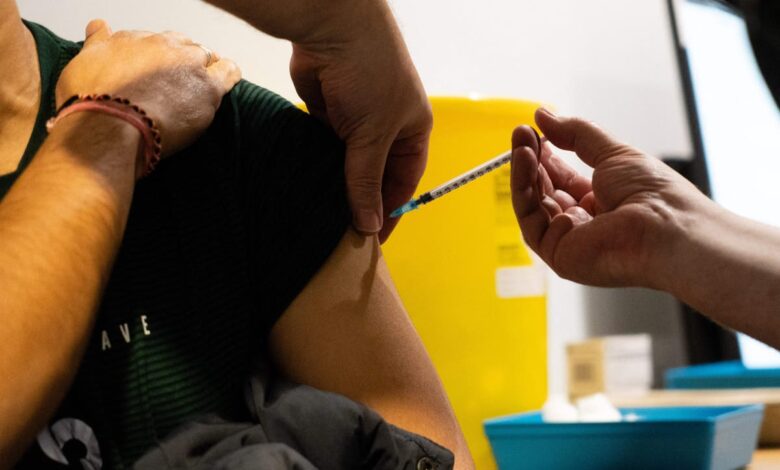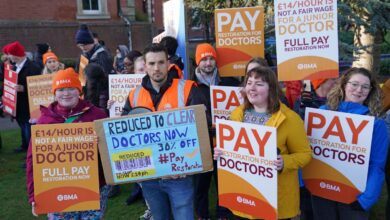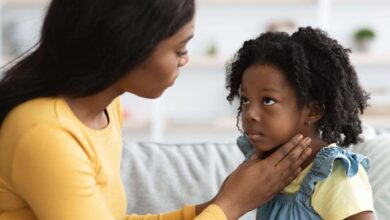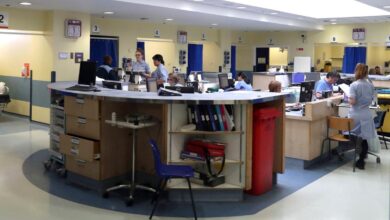Second Covid booster jab expected to be offered to UK’s most vulnerable

The offer of a second Covid booster jab for the most vulnerable groups in the UK is expected to be made in the coming weeks, The Independent understands.
A decision has already been reached by the Joint Committee on Vaccination and Immunisation (JCVI), but the full details of its recommendation have yet to be passed to ministers, according to a Whitehall source.
Since the end of last year, the JCVI has been reviewing the “timing and value” of a second booster jab for the UK’s immunocompromised people, amid mounting evidence that suggests protection from a first booster wanes in a matter of months for the general population.
The rollout of a second booster for these groups “will see them through to the summer, depending when they started” their vaccination course, the source said.
An estimated 500,000 people in Britain are considered severely immunosuppressed.
The majority of these have received four vaccine jabs to date: three primary doses and one booster. A second booster, as planned by the JCVI, will bring their total to five.
Plans to better protect Britain’s clinically vulnerable groups come as nearly 20 charities warned that people with immunocompromised systems risk becoming the “pandemic’s forgotten victims” under the government’s strategy for “living with Covid”.
The charities accused the government of “throwing vulnerable people to the wolves” with its plans to scrap free Covid tests and end mandatory isolation for infectious people. Ministers have yet to explain the scientific basis for this decision-making.
There has also been speculation in Whitehall that the UK’s mass vaccination programme is next in line to be scaled back, but health officials insist there “are still a lot of unvaccinated and partially vaccinated people out there”.
Any decision to wind down the programme is unlikely to be taken until after second boosters have been administered and officials determine whether annual Covid top-ups will be needed alongside flus jab, the source said – even if the “Treasury is feeling the pinch and wants to stop spending as soon as possible.”
Consideration will also need to be given to the potential rollout of variant-specific Covid vaccines, if and when they are approved for use in the UK, the source added.
“Plans will have to be made for the next few months, pending a decision about flu and variant boosters for autumn,” they said. “[But] nothing is fixed or decided yet. We are still very worried about Delta-like variants this autumn that could derail everything.
“We can no longer depend on modelling to guess what might happen in six months’ time so we have to plan on the precautionary ‘worst-case scenario’ principle.”
They also said that future Covid vaccinations could eventually be based in the primary care network and local pharmacies, as with flu, meaning large-scale mass vaccination hubs would no longer be needed. In this scenario, “practical issues about co-administration with flu, storage, etc, would be paramount.”
Booster jabs, the equivalent of a fourth dose, have been available to immunosuppressed groups since the end of November. This includes people who have blood cancer and those with a weakened immune system due to treatment such as chemotherapy.
In its vaccination statement, published on 7 January, the committee said: “JCVI will continue its rolling review of the booster programme, particularly in relation to the timing and value of any second booster doses for the most vulnerable. This is an evolving situation.”
The rollout of second booster jabs for the most vulnerable is expected to be “small” in size, the Whitehall source said.
Blood Cancer UK said it was waiting to hear the JCVI’s recommendations, but said it was “vital” that the NHS and the government “avoids the mistakes they have made in the previous two last rollouts”.
Helen Rowntree, the charity’s director of research, services and engagement, said: “They need to regularly publish data on uptake, and to set out a plan for how they intend to ensure every immunocompromised person is proactively invited for the vaccine and for making sure we do not see a repeat of the racial disparity in access.”




